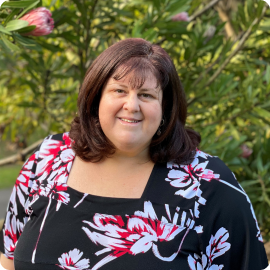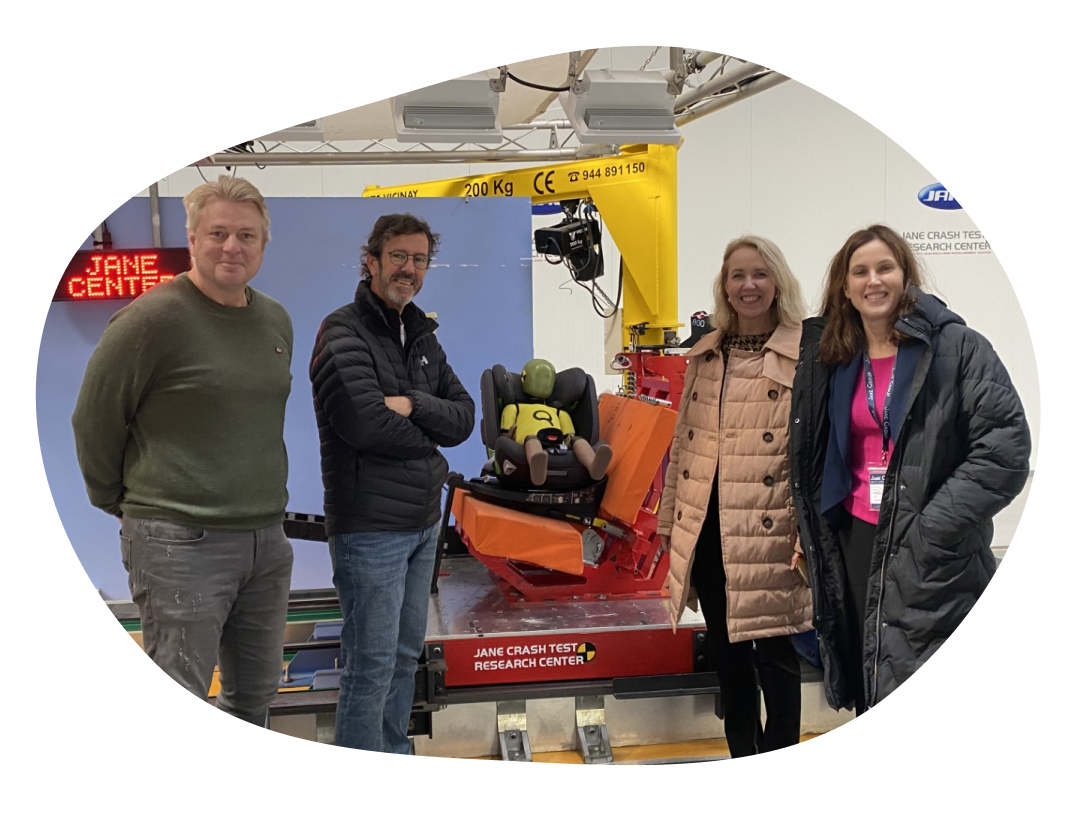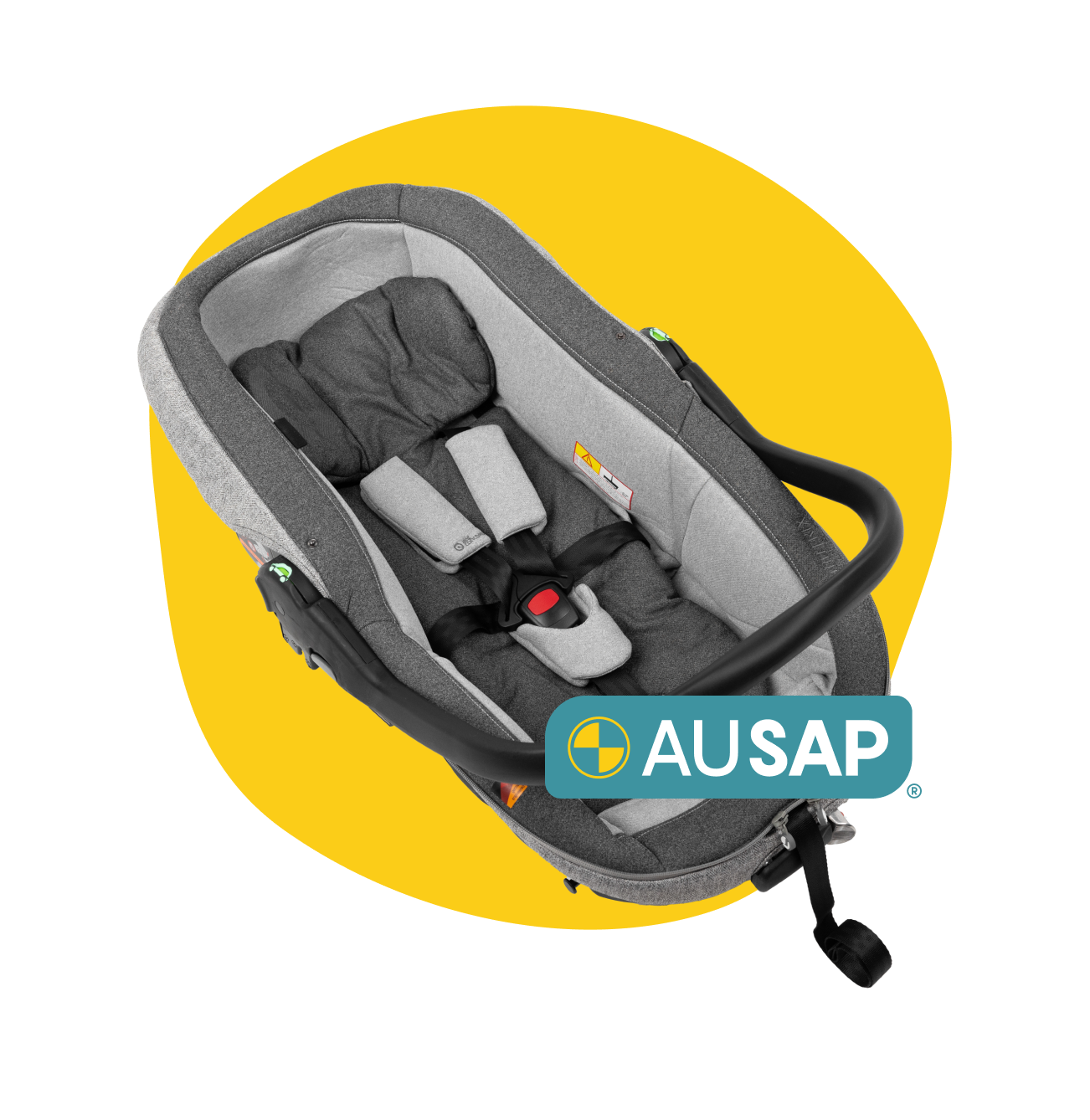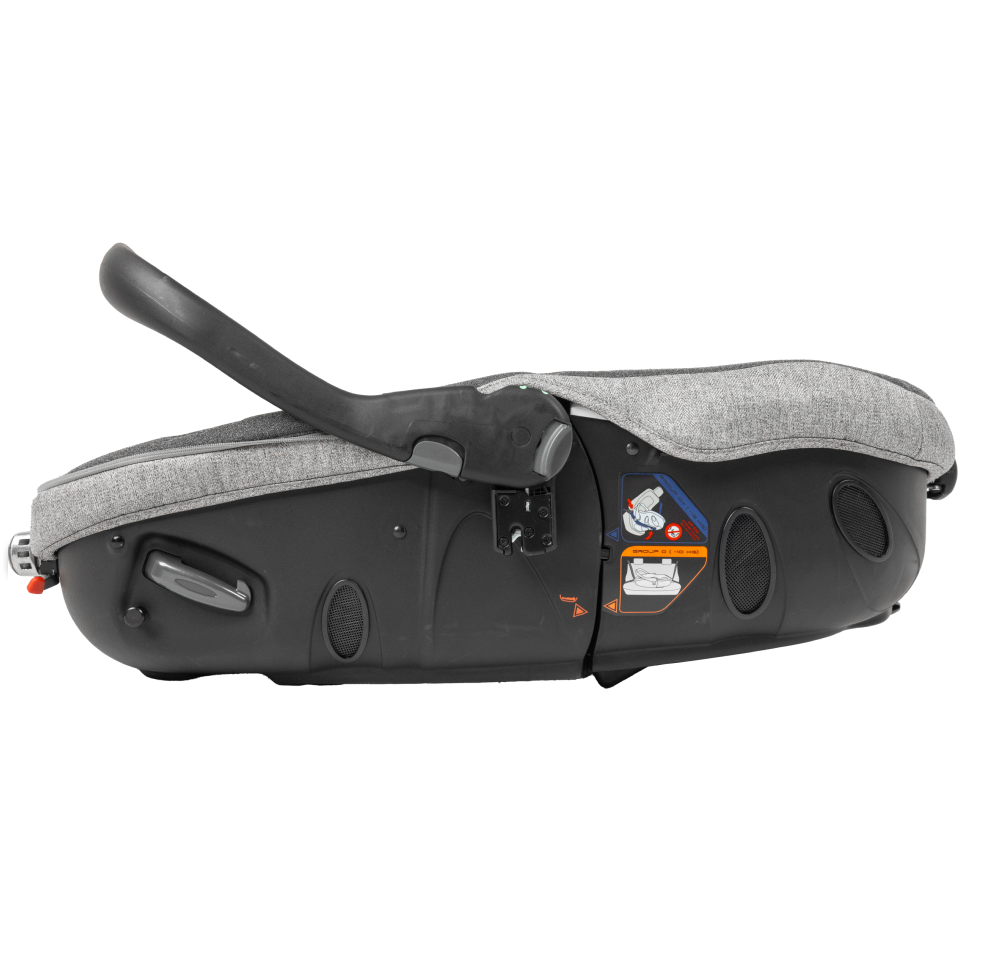Bringing lie flat child restraints to Australia
Improving the health, safety and well-being of medically vulnerable babies and their families
Lie flat child restraints
Due to complex medical vulnerabilities, some infants and young children are unable to be transported in vehicles using Australian standard car seats.
Lie flat child restraints (also referred to as car beds and lie flat car seats) enable transportation of infants and young children who for medical reasons are unable to be transported in an inclined or semi-inclined position. They allow travel in a 180-degree flat position, oriented perpendicular to the direction of travel.
There has not been a lie flat child restraint available in Australia since the Steelcraft Swinger in the 1980s.
Due to this situation - as Julie’s story below shows - some families are limited to the use of non-emergency ambulance transport, with no options for transport in their family car, preventing them from accessing the community.

Julie's story
"As a parent myself who lost two daughters to Type 1 Spinal Muscular Atrophy (SMA), the devastation of not being able to go out with my family before my daughters died, lives with me forever.
Every time we went out it would be in an ambulance to hospital, because that was the only way my children were able to be transported flat on a stretcher.
Having lived in a rural and remote area, it was a burden to the ambulance system to come to my rural property then have to take us over 100kms to the nearest hospital to receive specialist treatment.
With a proper car bed/seat, events like this could be prevented."
Julie Cini, CEO, SMA Australia Inc

Addressing the gap
Through a joint effort, MACA, the Royal Children’s Hospital (Melbourne) and Medifab have been working together since 2019 to make lie flat child restraints available for infants and young children unable to in an inclined, or semi-inclined car seat, due to medical vulnerabilities.
The extensive work program has included:
- a legislative and regulatory review
- a global desktop review of lie flat child restraints
- stakeholder forums
- the development of clinical guidelines
- visits to overseas product manufacturers
- AuSAP crash testing.

AuSAP assessment
The Matrix Light 2 was crash tested as part of our Australian Safety Assessment Program (AuSAP) at the Neuroscience Research Australia - Transurban Road Safety Centre, over the period 2021 to mid-2023.
Following this, MACA obtained support from Jané Group in Spain to supply the Matrix Light 2 to Australia as a special purpose car seat.

Piloting a supply model
In 2023, the Royal Children’s Hospital commenced a project to explore the use of lie flat child restraints for a specific cohort of infants. At the same time MACA successfully applied for a grant through the Transport Accident Commission (TAC) Community Road Safety Grants program to lead a project to investigate a supply and support model in Victoria.
MACA, the Royal Children’s Hospital, and Medifab have combined resources in collaboration to pilot a model for the provision and use of lie flat child restraints, with learnings to inform national implementation.
Please contact us for more information.




